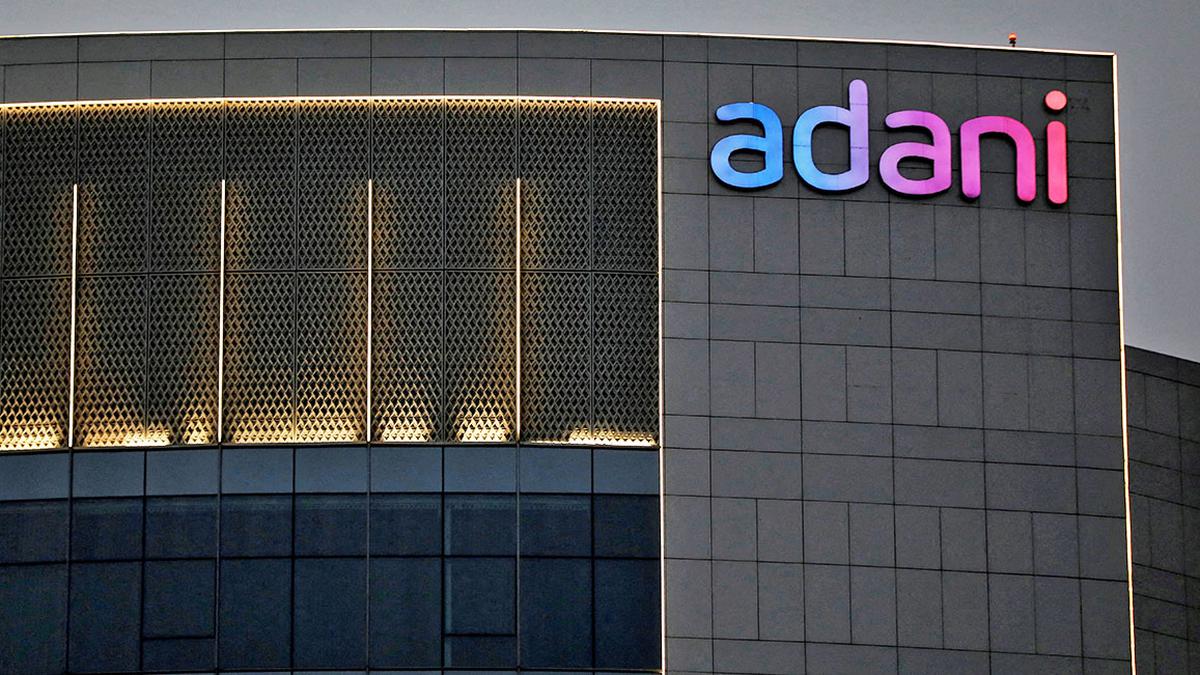
Hindenburg shorts Adani Group, flags debt and accounting concerns
The Hindu
Stocks of the seven listed Adani group companies fell between 3% and 7% after Hindenburg said key listed companies in the group controlled by billionaire Gautam Adani had “substantial debt” which has put the entire group on a "precarious financial footing"
Hindenburg Research said on Wednesday it held short positions in India's Adani Group, accusing the conglomerate of improper extensive use of entities set up in offshore tax havens and expressing concern about high debt levels.
The report, which comes days ahead of a $2.5 billion share offering by flagship firm Adani Enterprises, sent shares in Adani group firms sliding.
Hindenburg, a well known U.S. short-seller, said key listed companies in the group controlled by billionaire Gautam Adani had "substantial debt" which has put the entire group on a "precarious financial footing".
It also said that seven Adani listed companies have an 85% downside on a fundamental basis due to what it called "sky-high valuations".
An Adani spokesperson did not immediately respond to Reuters request for comment on the report, which Hindenburg said was based on research that involved speaking with dozens of individuals, including former Adani Group executives as well as a review of documents.
Hindenburg said it held its short positions through U.S.-traded bonds and non-Indian-traded derivative instruments.
Adani has repeatedly dismissed debt concerns. Adani Chief Financial Officer Jugeshinder Singh told media on January 21 "Nobody has raised debt concerns to us. No single investor has."

The Union Budget unveiled on February 1, 2025, has come at a time of unprecedented global uncertainty and a flagging domestic economy. The real GDP growth is estimated at 6.4% for 2024-25 and between 6.3-6.8% for 2025-26, a far cry from >8 percent growth required annually to make India a developed nation by 2047. While much attention has been devoted to the demand stimulus through income tax cuts, not enough is said about the proposed reforms in urban development, tariff rationalisation, and regulatory simplification aimed at making Indian cities and corporates more competitive. Since the majority of economic activity is located in cities (urban areas account for ~55% of GDP) and produced by large corporates (~40% of the national output and 55% of India’s exports), the above-mentioned reforms have a pivotal role in improving India’s trend growth rate. Below we unpack each reform.












